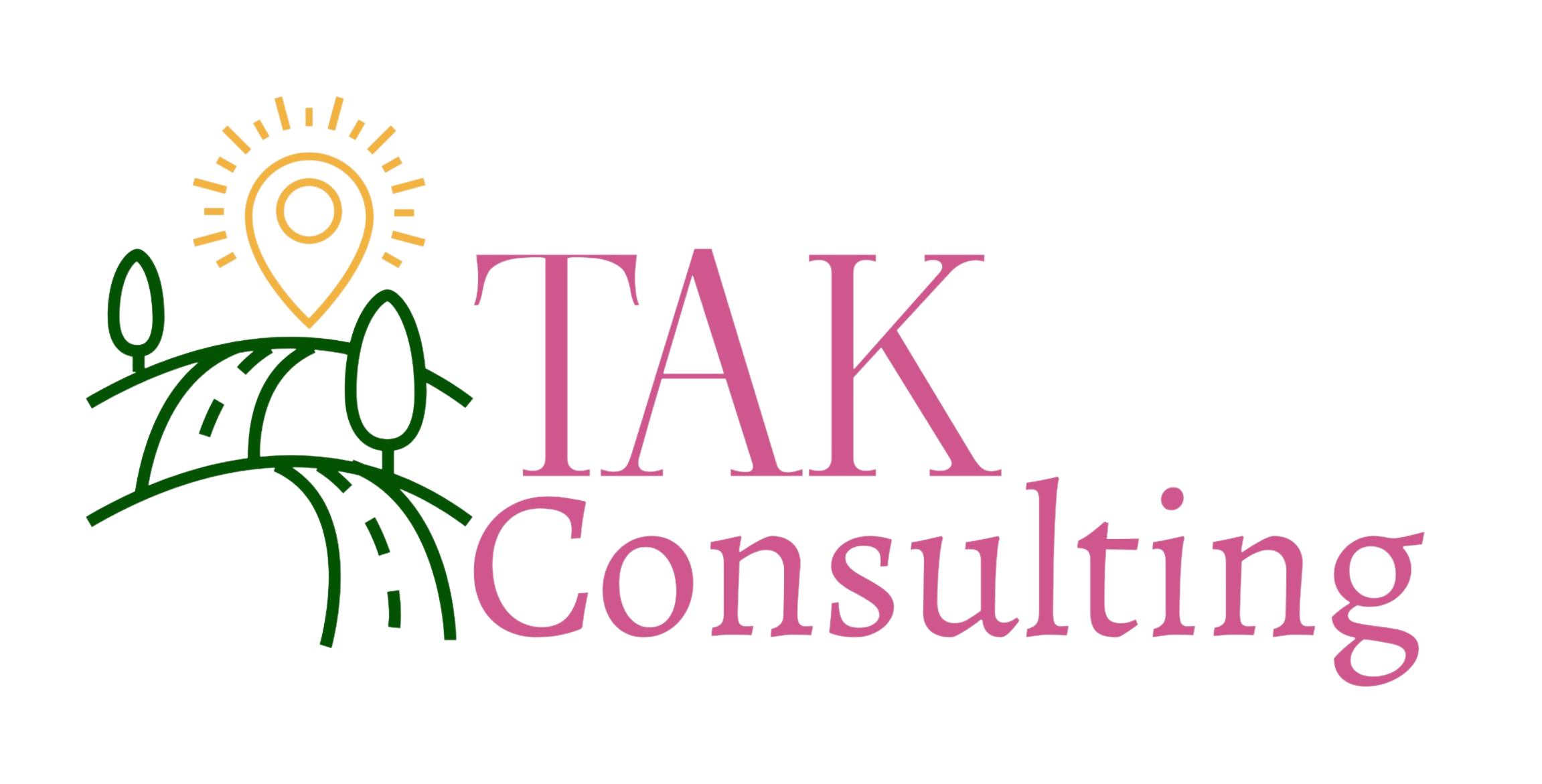More often than not, deciding a new name for something can take some time. For some it may come easier; like choosing silly names for their pet, or inheriting names from previous family members. Whether names come to you quicker or take some time, it is essential to take the time to decide on a business name that works for you.
Why Choosing a Good Business Name is Crucial
Your company’s name is the first impression of your company. Just like meeting someone, you want this impression to be good, and more importantly, leave an impression. Think about the fact that your business name speaks for itself. You aren’t around to explain it or defend it, and the wrong name could leave a bad impression without ever interacting with your business at all. Your business name is also significant as it makes your establishment stand out; thus leaving a better memory of it long term. Finally, your chosen name can attract future customers and even future coworkers. Depending on the type of business, your name can innately gain traction with future employees as they search for the right job, and customers as they search for the right service. With a name being so paramount to your business, you may wonder how to get the right name for me…
How do I Go About Picking a Good Name?
To start choosing the perfect name for your business, here are a few tips that can help guide you in the right direction. For starters, it’s best to avoid the following: unclear acronyms/words, overused words for that industry, and any locational or current trendy names. When it comes to understanding why you should avoid locations and trends, this is because these can change over time. Perhaps your business grows from the state(/place) you’re living and now the name is not as fitting. Same with trends- these, obviously, come and go and it can easily no longer catch attention/or you may not follow that trend as time goes on.
Another way to see if your new name will work out is by doing some “tests” online. First off, do some keyword searches. For those who are unfamiliar with what this means, this means putting your business name into Google and seeing what the top results pull. Consider if there are other organizations with the same or very similar names and try to change up your business name to make it more unique against these competitors. You can play around with these searches and type in keywords – keywords are words that prompt Google to find a match with said word(s) – to see what is popping up the most. In addition to searching through Google, be sure to check social media for similar names as well. Also, ensure that the name you’ve come up with doesn’t infringe on any copyright of another business. Check out this incredibly helpful guide here to give you some more ideas on creating your business’s name!
Names are Important!
Overall, crafting the quintessential name has many benefits to the entirety of your business. Although there is always the option to change your name, picking a good name from the get-go can save you money and time and create a bigger brand name from the start.



